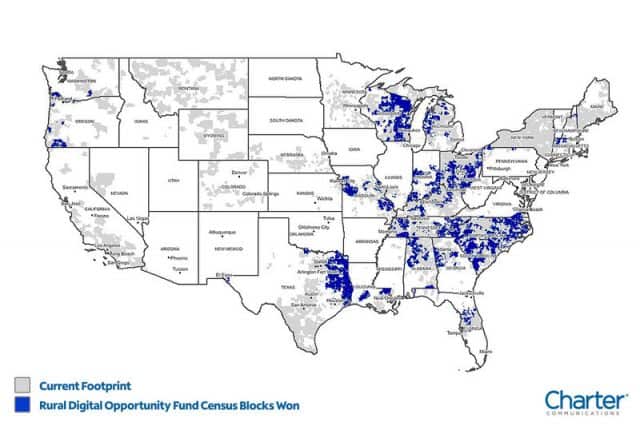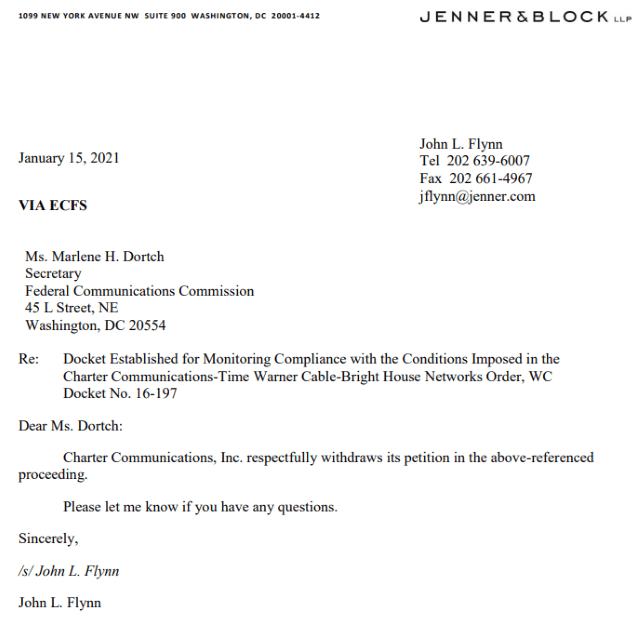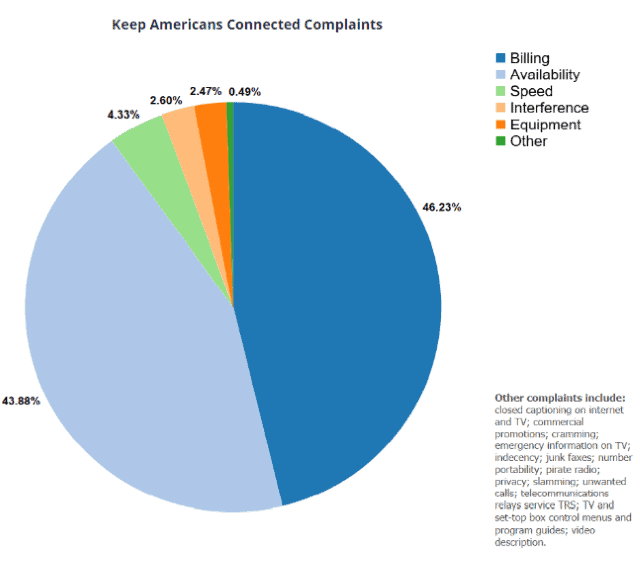 Comcast on Wednesday said it will give its customers a six month reprieve on implementing its 1.2 TB data cap after state legislators in Massachusetts and Pennsylvania’s attorney general complained about the prospect of families paying more for internet access during a pandemic.
Comcast on Wednesday said it will give its customers a six month reprieve on implementing its 1.2 TB data cap after state legislators in Massachusetts and Pennsylvania’s attorney general complained about the prospect of families paying more for internet access during a pandemic.
“As Pennsylvanians continue to navigate this pandemic, we know millions are relying on the internet for school and work more than ever. This is not the time to change the rules when it comes to internet data usage and increase costs,” said Pennsylvania Attorney General Josh Shapiro. “My office negotiated with Comcast to delay the implementation of these overage charges and waive any early termination fees for customers who opt out through December 2021. We also limited the impact of these changes on low-income households.”
The postponement applies to Comcast broadband customers in Connecticut, Delaware, Maryland, Maine, Massachusetts, New Hampshire, New Jersey, North Carolina, New York, Pennsylvania, Vermont, West Virginia, and the District of Columbia.
In addition to a delayed introduction of data caps, Comcast has also agreed to:
- not implement any data caps for low-income customers enrolled in Comcast’s Internet Essentials discount internet program for the rest of 2021;
- waive any early termination fees for customers planning to switch providers and signed a contract before November 2020;
- delay any overlimit fees until July, which will first be seen on customers’ August bills;
- more prominently disclose the fact Comcast has a data cap in its marketing materials.
Pennsylvania consumers concerned about how Comcast’s data threshold may affect them should file a complaint with the Office of Attorney General’s Bureau of Consumer Protection.
Comcast also reminded customers the data cap postponement announced today only applies to customers in the northeastern U.S. states noted above.


 Subscribe
Subscribe
 Spectrum internet customers can be assured of an additional two years of unlimited internet service after Charter Communications dropped its petition Tuesday with the FCC to allow the cable company to introduce data caps.
Spectrum internet customers can be assured of an additional two years of unlimited internet service after Charter Communications dropped its petition Tuesday with the FCC to allow the cable company to introduce data caps.
 AT&T is seeking to
AT&T is seeking to 


